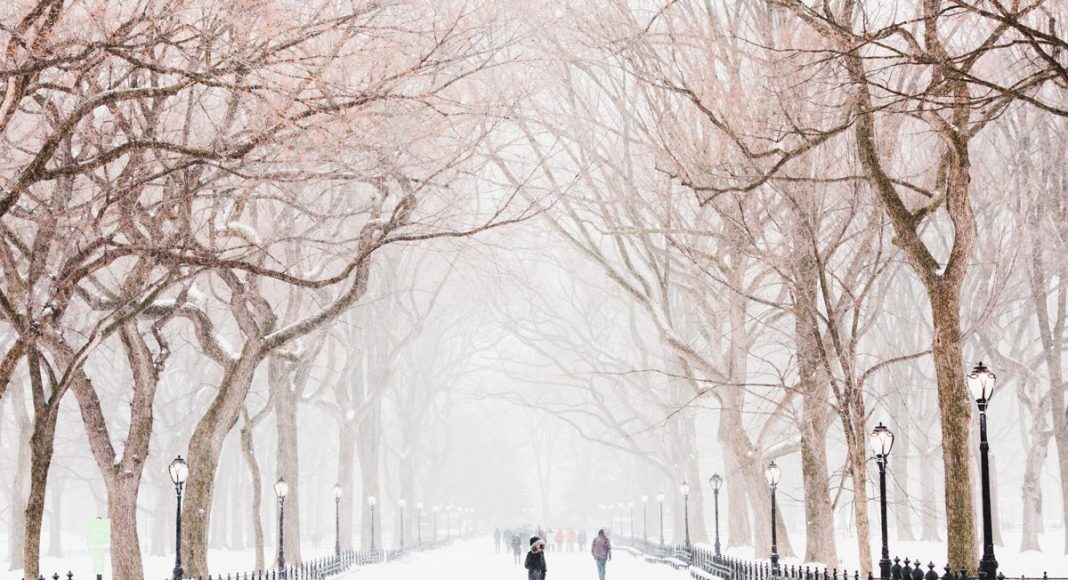For all of us who are cursed by living in a place where there are seasons, there are still a few months where we must endure the bitter cold. While the snow is lovely and the chill can be pleasant, subzero temperatures are painful and hard to cope with, and they also come with a side of mental and physical effects.
The Huffington Post consulted with Dr. Albert Ahn, a clinical instructor from NYU Langone Health, who claims that it’s important to know all the changes you’re body goes through during the winter, so you’re prepared and can face these challenges accordingly.
Check out 5 changes that you’re body endures once the winter kicks in:
You Burn More Calories
https://giphy.com/gifs/gutearbeitoriginals-snow-winter-d3mlmtNPoxNrt4Bi
-
Related Story: Night Owls Or Early Birds: Who Makes More Money?
Your basal metabolic rate works harder to keep you warm, burning more calories in the meantime. Dr. Ahn warns that this difference is not enough to account for weight loss, so you still gotta go to the gym and move around.
Pain In Your Extremities
Some people experience Raynaud’s disease, a condition where your body feels numb due to the extreme weather conditions. This sensation usually affects your ears, hands and feet, and is due to smaller arteries constricting excessively due to the cold.
Your Vision Suffers
https://giphy.com/gifs/angietribecatbs-l41YAqGPwuC833OQ8
-
Related Story: 5 Ways To Easily Manage Seasonal Affective Disorder
Exposure to extreme temperature can damage your eyes, and snow may even cause a cornea injury or burn. If there’s a big snowstorm or if you practice snow sports it’s very important to wear the necessary eye protection.
Greater Risk For Heart Attack
For older adults and for people who have cardiac problems, the winter season can increase the chances of having a heart attack. This is due to the body’s pressure on the heart due to the fact that it’s working harder to pump blood into your extremities.
Your Mood May Shift
https://giphy.com/gifs/black-and-white-snow-FwqBaNzamfjUY
SAD and the winter blues are real things that people face every year. Ahn recommends exercise, exposure to the daylight, tons of Vitamin D, and plenty of interaction with family and friends.


